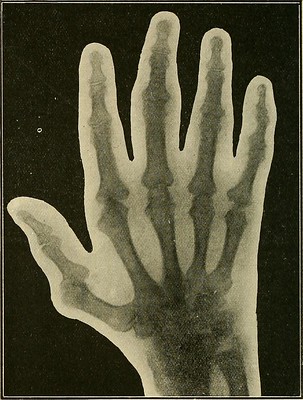Last night I watched the first episode of Netflix’s Murder Among the Mormons, a docuseries about the Mark Hoffman bombings in Salt Lake City in the fall of 1985.
This post is not about that, but about a memory that this documentary brought up while I was watching it.
I am simultaneously am not that Mormon, but am also very very Mormon. My parents were converts in their teens in the 1970s, so I don’t have pioneer ancestry. Any extended family that joined the Church did so superficial have all since left. I’m not related to anyone with roots in Utah or Nauvoo, or any other place or story of Mormon historical significance. However, as a kid learning about Church history, I adopted all of that history as my own: in fourth grade I chose “Utah” as the state to do my state project on, since my history was Mormon history and Mormon history was Utah history. I was full-on an obnoxious Molly Mormon, answering all the questions in Primary and memorizing all the seminary scripture mastery verses. I grew up in a suburb outside of Chicago and there were usually between 10 and 20 LDS kids in my high school at different times. There were only 3 of us in my grade level and I was eager to be an example and known for my Mormon identity.
There was one day in freshman biology where we had a substitute teacher. I don’t know what the goal of the lesson of the day was, but carbon dating was brought up and for some reason the substitute asked if anyone knew who the Mormons were. I shot my hand up very fast because of course I knew who the Mormons were! He looked at me, and then he continued, “The Mormons believe Joseph Smith found some ancient records and that’s how he made the religion. There was a piece of paper that was with the records that was written by Joseph Smith and they carbon-dated it and proved that it wasn’t as old as he said it was and so the whole Church is false.” He gleefully smiled. My cheeks flushed hot and red in embarrassment and I put my hand down as discreetly as I could- I sat near the back of the room so not many people saw me, but the embarrassment and shame was strong. I can still feel how it felt.

I was mostly confused by the statement, but I know his smile meant he was not friendly towards Mormons and also that he thought he bested me- I was too eager to not obviously be Mormon myself. I wondered who had saw my hand and who must now think I’m an idiot for being Mormon, but also he was wrong. My confusion was over the fact that that this guy thought he knew so much about the Church, but carbon-dating anything from the 1830s wouldn’t be accurate because you can’t carbon date anything that recent! But I didn’t get a chance to say that because the conversation went on elsewhere and I knew he wasn’t going to have an honest discussion anyway. So I couldn’t even redeem myself to my peers. But also, what was his point- why did he choose that day as a substitute smugly “besting” teenaged me? And I was embarrassed at my eagerness.
I went away from that experience worried that my classmates would think I’m some sort of sucker, but also knowing that sometimes ex-Mormons or anti-Mormons (or whatever he was) just like to rile people up and embarrass teenage girls. Gosh, why are people like that? After watching the show, I realized he was probably talking about the Salamander letter, which I didn’t know about at the time, and he also clearly didn’t know much about either, if he thought carbon-dating was involved.
I don’t have a thesis for this story- this is just one of so many ways Mormonism affected my youth. This experience didn’t shake my faith, just made me a little more wary about eagerly raising my hand and claiming Mormonism around strangers.





2 Responses
Your memory brought up a similar memory for me. I also attended high school in suburban Chicago, and one day in my 10th grade Health class, the teacher mentioned something about the members of the Jim Jones cult that all drank Kool-Aid and died together, and that they were Mormons. This was the only class I had with another LDS kid, and she and I made eye contact at that comment and scoffed out loud. But we didn’t correct the teacher. Too embarrassing.
Seriously, why would a teacher do that?
Yep. I had similar experiences- for me, it was always men who knew more about the church than silly teenage me. I think that fed my feminism– I was tired of people telling me what I, as a Mormon believed. I think I became overly sensitive and protective of that– like once when I came back from India, someone from church told me, “they worship cows there.” I didn’t see that, told her I did not see that, and asked where she had seen that. She hadn’t– it was something someone else at church told her. *sigh*
Thank you for sharing your experience.